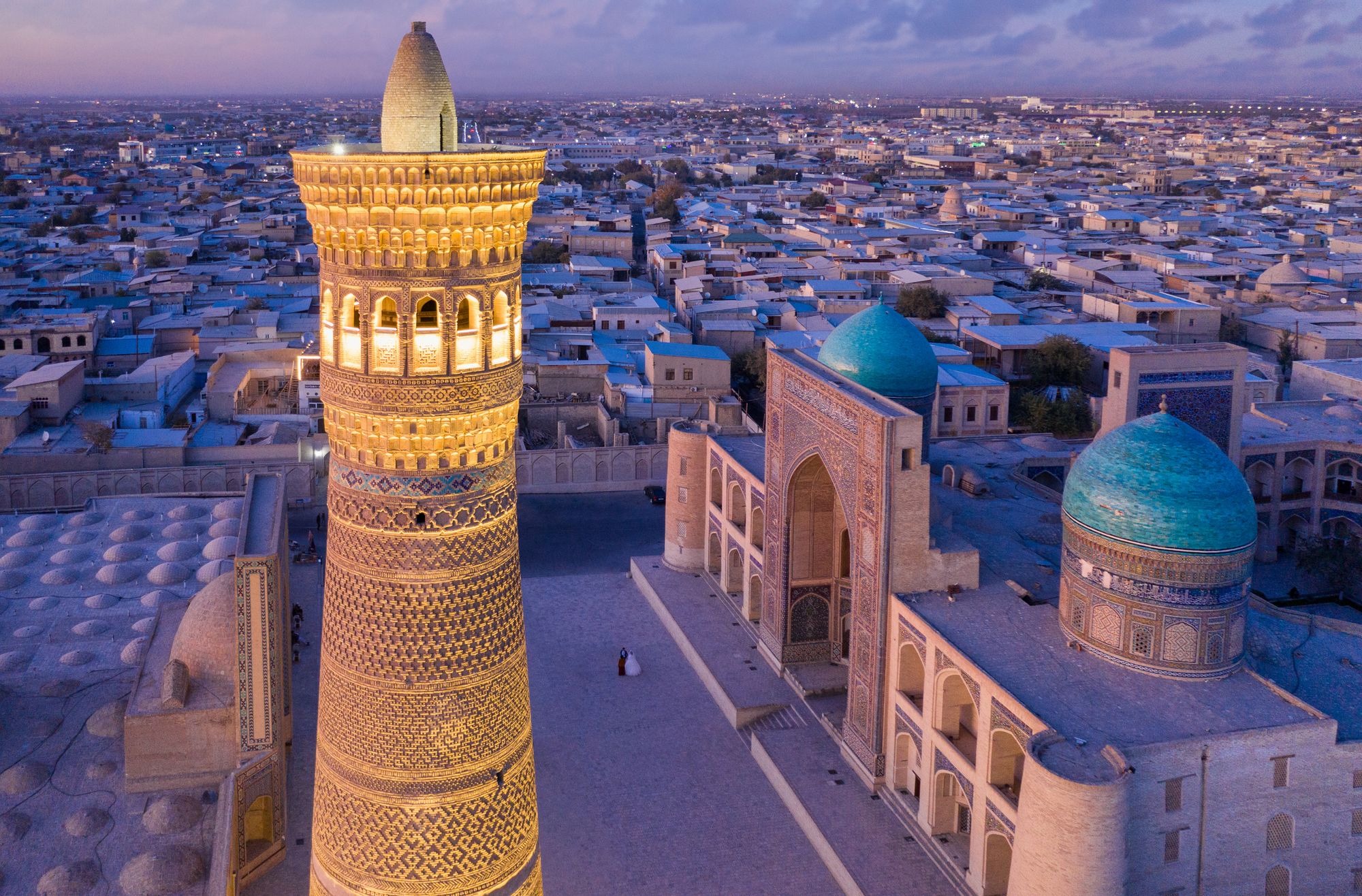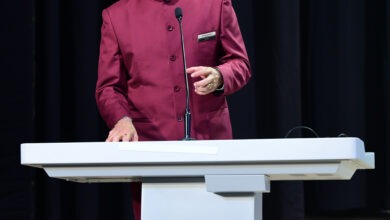Uzbekistan and Azerbaijan mark 30 years of strong, stable friendship, reliable partnership

The Times Kuwait Report
Uzbekistan and Azerbaijan have cultivated a dynamic strategic partnership built on shared history, cultural ties, and mutual political will. Their Turkic roots, language similarities, and values provide a strong foundation for sustained dialogue and cooperation.
In 2024, the two countries celebrated 30 years of diplomatic relations, marked by the signing of the Treaty on Allied Relations, which elevated bilateral ties to the highest level of interstate cooperation. This builds on over 200 agreements that underpin long-term cooperation, including treaties on friendship and strategic partnership.

Leadership commitment has driven this growth, with the presidents of both countries meeting 12 times since 2017 and more than 150 high-level visits taking place. Their close ties have been key in facilitating wide-ranging cooperation.
Economic ties are expanding rapidly, with trade increasing eightfold in the last decade—from $32 million to $253 million—with a shared goal of reaching $1 billion. Joint efforts are underway to boost trade, investment, and industrial collaboration.
The business engagement is growing, with the number of joint ventures increasing fivefold. More than 240 Azerbaijani-affiliated companies now operate in Uzbekistan, while 70 Uzbek companies are active in Azerbaijan.
One of the flagship joint projects is in the automotive industry, where Chevrolet cars are produced at the Hajigabul Industrial Park through a partnership between Uzavtosanoat and Azermash. With 9,000 cars produced, a second plant is being constructed to boost capacity to 30,000 units annually, creating 1,200 jobs.
Textile and agriculture are also priorities. Full-cycle textile and sericulture clusters are being established in Azerbaijan, alongside joint projects in cotton, dairy, logistics, tourism, and renewable energy. These projects aim to enhance industrial value chains.
A significant boost comes from a $500 million Uzbek-Azerbaijani investment company, which is currently supporting 15 major projects worth over $360 million, promoting sustainability and scalability in economic collaboration.
The interregional dimension of cooperation is gaining importance, with 11 cities from both nations establishing twinning agreements. Annual interregional forums have systematized these partnerships, connecting cities like Bukhara and Lankaran, Namangan and Mingachevir.
The energy cooperation is another cornerstone, particularly between Uzbekneftegaz and SOCAR. The two countries are also working with Kazakhstan to create a green energy corridor that will connect Central Asia to Europe, with plans to export 5 GW of clean energy via Azerbaijan by 2030.
In addition to exporting electricity, Uzbekistan and Azerbaijan are exploring joint ventures in solar power and the production of renewable energy components, reinforcing their shared commitment to a green transition.
Both nations see transport and logistics as key to leveraging their geographic positions. Uzbekistan’s cargo flow through Azerbaijan has increased fivefold in four years, surpassing 1 million tons in 2024, with the goal of connecting to China and South Asia via projects like the Uzbekistan–Kyrgyzstan–China railway.
Cultural diplomacy is thriving. Joint cultural events, festivals, and monuments such as those honoring Alisher Navoi in Baku and Nizami Ganjavi in Tashkent symbolize deep mutual respect. The Heydar Aliyev memorial in Tashkent is another emblem of this friendship.
Tourism and education cooperation are also flourishing. Visa-free travel has been extended to 15 days, resulting in a sharp rise in tourism — Azerbaijani visitors to Uzbekistan increased from 10,000 to 18,000, while Uzbek tourists to Azerbaijan rose from 11,000 to 16,000 between 2022 and 2024.
The countries are deepening scientific and educational ties, with over 40 cooperation agreements and plans for joint degree programs in energy, finance, and medicine.
The inaugural Uzbekistan-Azerbaijan Rectors’ Forum led to 60 inter-university agreements, demonstrating shared commitment to capacity building and youth development. Both sides remain dedicated to expanding their comprehensive cooperation and partnership on global and regional platforms.


















